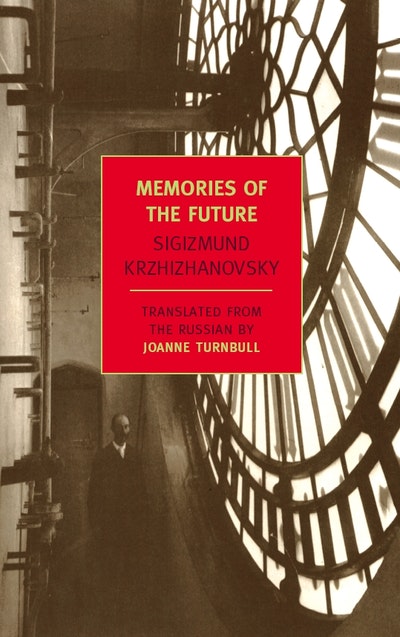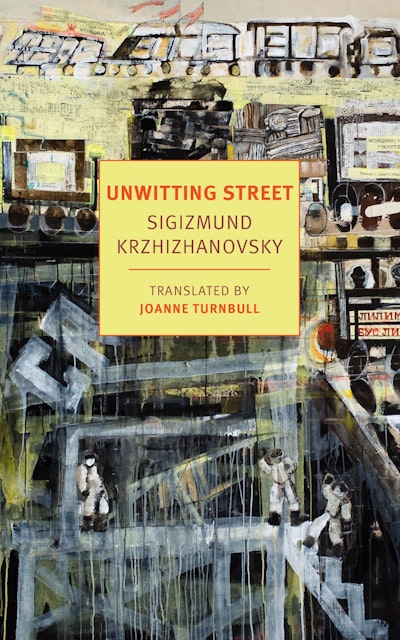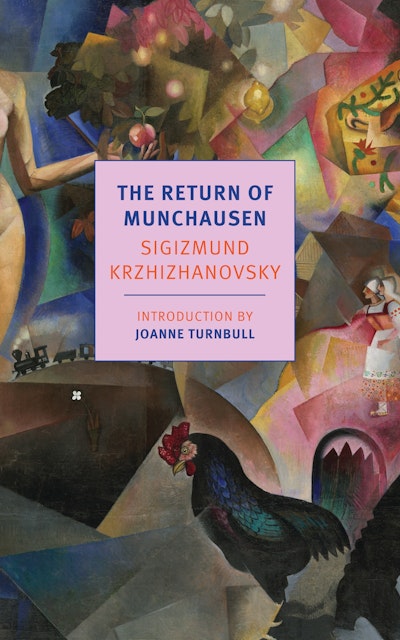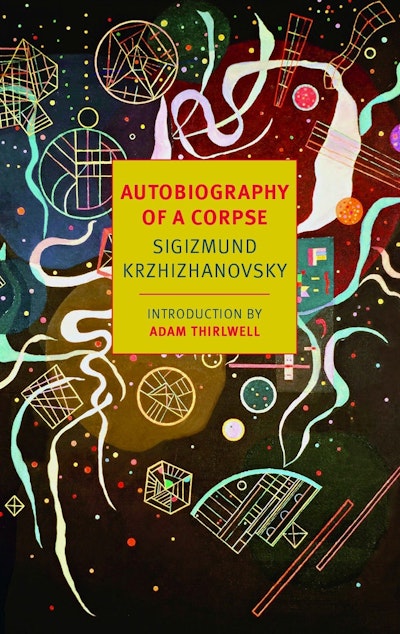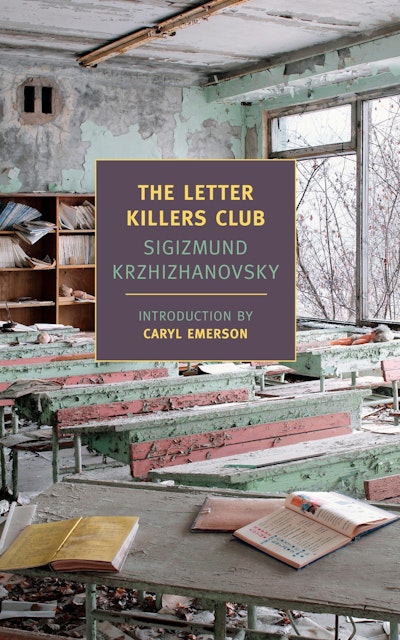[]
- Published: 15 February 2010
- ISBN: 9781590173190
- Imprint: NY Review Books
- Format: Paperback
- Pages: 256
- RRP: $39.99
Memories Of The Future
Buy from…
- Published: 15 February 2010
- ISBN: 9781590173190
- Imprint: NY Review Books
- Format: Paperback
- Pages: 256
- RRP: $39.99
"A writer visionary, an unsung genius." --Geroge Shengeli "Like Platonov, Krzhizhanovsky is a poker-faced surrealist whose imagination is so radical it goes beyond political lampoon into the realms of metaphysical assault. But Krzhizhanovsky's writing is more in the fantastical modernist mode of Jorge Luis Borges and Stanislaw Lem--he works out the eccentric premises of his plot with a relentless cogency." --Bill Marx, WBUR.fm "Krzhizhanovsky is often compared to Borges, Swift, Poe, Gogol, Kafka, and Beckett, yet his fiction relies on its own special mixture of heresy and logic...phantasmagoric." --Natasha Randall, Bookforum "He writes stories with a surreal feel...[he] gives new life to animistic Russian storytelling... What's this writer about, and does he live up to comparisons with Kafka, Borges and Beckett ? Yes and no. He would need to have written more, but he's certainly worth taking in." -Independent "A sense of discovery and displacement is a motif of several stories, and the newness of Krzhizhanovsky's surroundings appears to have reinforced his literary preference for the defamiliarizing perspective (a preference fully shared by one of his most important tutors, Swift)" --TLS
"A writer visionary, an unsung genius." --Geroge Shengeli "Like Platonov, Krzhizhanovsky is a poker-faced surrealist whose imagination is so radical it goes beyond political lampoon into the realms of metaphysical assault. But Krzhizhanovsky's writing is more in the fantastical modernist mode of Jorge Luis Borges and Stanislaw Lem--he works out the eccentric premises of his plot with a relentless cogency." --Bill Marx, WBUR.fm "Krzhizhanovsky is often compared to Borges, Swift, Poe, Gogol, Kafka, and Beckett, yet his fiction relies on its own special mixture of heresy and logic...phantasmagoric." --Natasha Randall, Bookforum "He writes stories with a surreal feel...[he] gives new life to animistic Russian storytelling... What's this writer about, and does he live up to comparisons with Kafka, Borges and Beckett ? Yes and no. He would need to have written more, but he's certainly worth taking in." -Independent "A sense of discovery and displacement is a motif of several stories, and the newness of Krzhizhanovsky's surroundings appears to have reinforced his literary preference for the defamiliarizing perspective (a preference fully shared by one of his most important tutors, Swift)" --TLS
